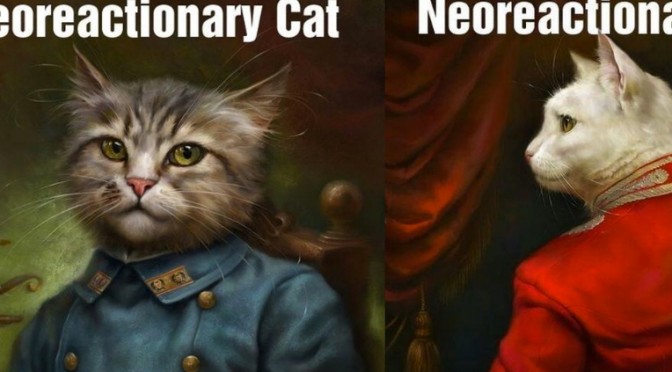by Melanie Marshall (Lincoln College, Oxford) and Daniel Starza Smith (English Department, King’s College London)
Every regime seeks to control the media. In the quest to dominate the official story, a repressive state might own the press outright (North Korea sits bottom of the 2018 World Press Freedom Index). It might sit tight with those who do (any British Prime Ministerial hopeful must bend the knee to Rupert Murdoch). It might restrict it (Google is making a limited search engine for China). Or it might simply undermine it: a racist tweet from Donald Trump is an effective distraction from ongoing scandals. Meanwhile, the American media’s ability to hold him to account is steadily eroded by accusations of fakery, disloyalty and partisanship.
Such tyrannical controls are hardly new, and early modern England faced its own media restrictions. Queen Elizabeth I famously claimed to want “no windows into men’s souls,” but with their reading material she proved less liberal. Throughout the last decade of her reign, her power waned and censorship tightened, until in 1599 the so-called Bishops’ Ban made the printing of satire a crime. Yet satire thrives on subversion, and the inflammatory material of the 1590s circulated away from the eyes of the state’s press-licensers. Handwritten copies of mischievous material passed from sympathiser to sympathiser, engendering more copies as they went.
Just such a privately circulated manuscript emerged in December 2016. Working through a tin trunk of scraps at Westminster Abbey, Matthew Payne, Keeper of the Muniments, uncovered a small booklet written in an early seventeenth-century hand, containing a work by the poet John Donne (1572–1631). It proved to be a copy of Donne’s Catalogus Librorum Satyricus, known in English as The Courtier’s Library, a satirical list of fake books whose composition we can now date securely to 1603 or early 1604.


